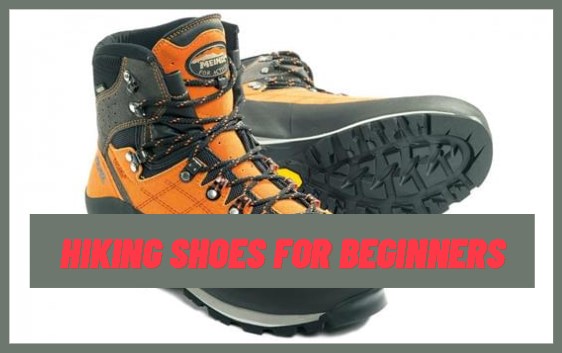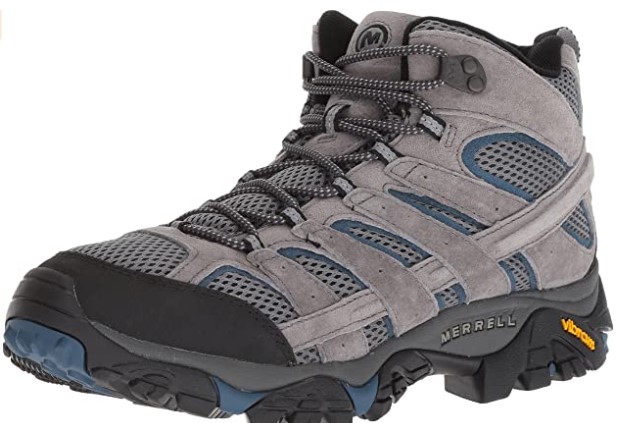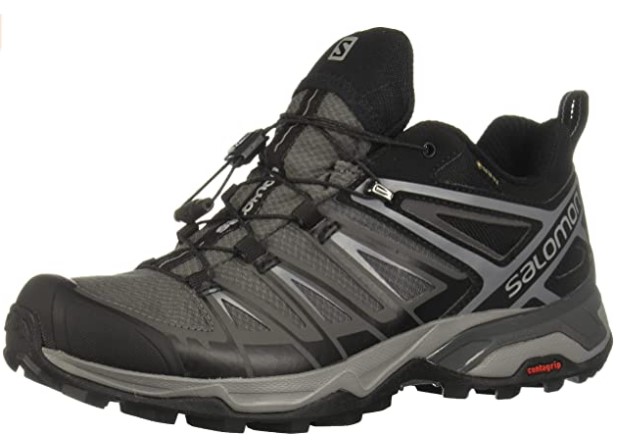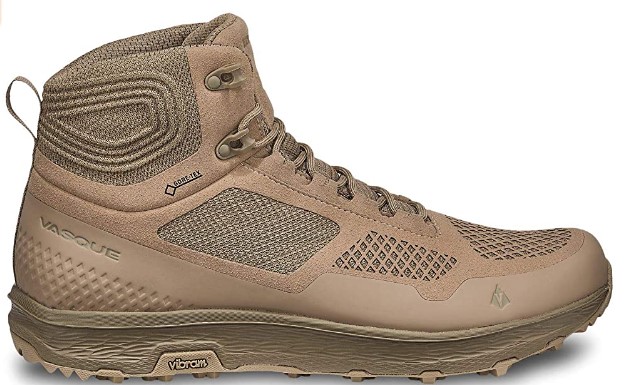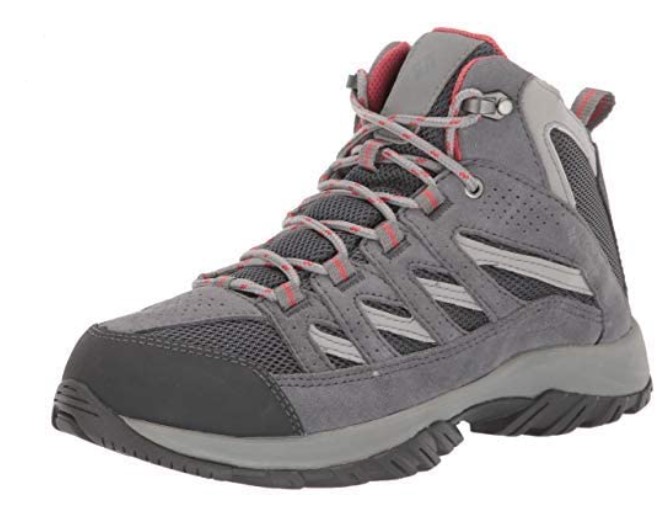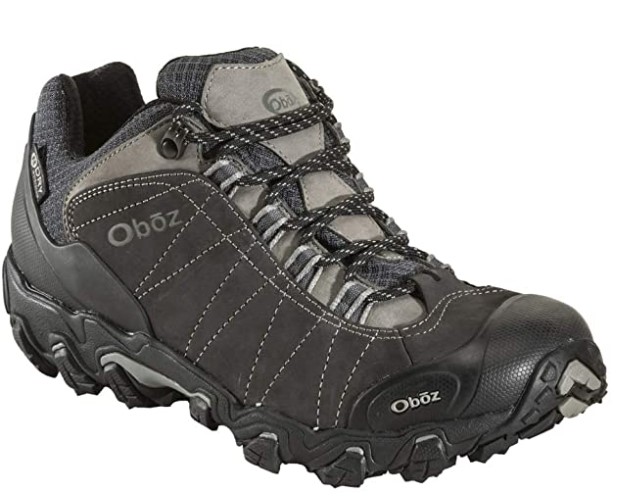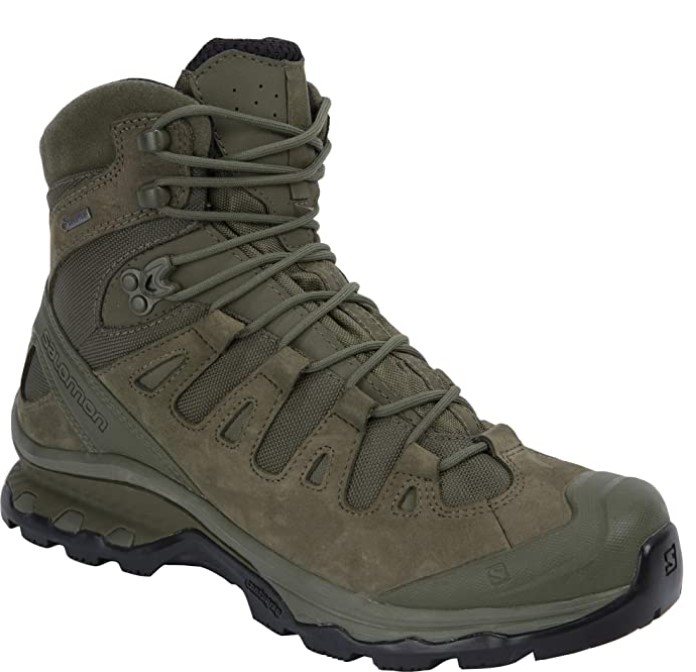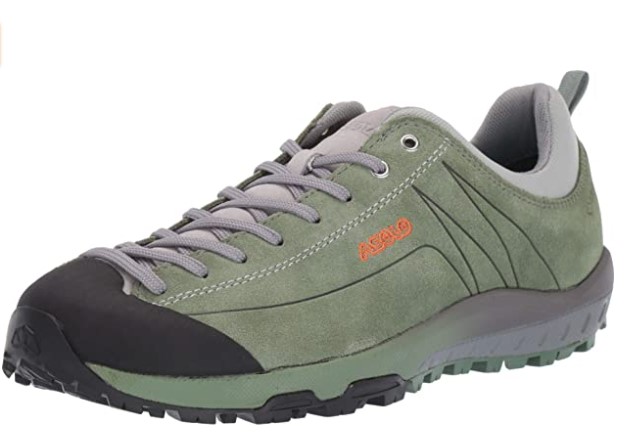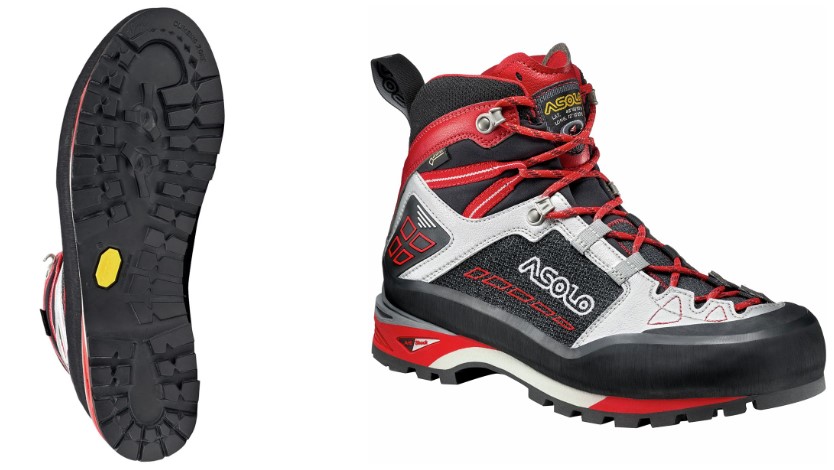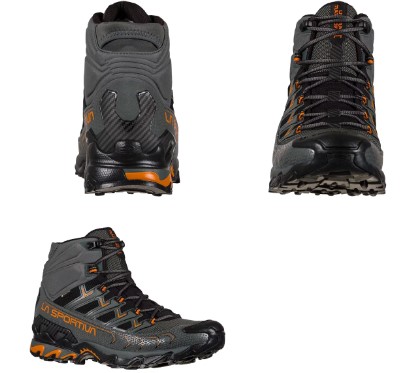We've all been there before. You're in a shoe store, meandering down the seemingly endless rows of sneakers, sandals, and boots, not quite sure what you need. You want to purchase something practical for all your hiking adventures, but with so many options
it's hard to know which shoes best fit your needs. Don't worry! We've got some tips and tricks (and shoe recommendations) that will help you find the perfect hiking shoes for your next adventure.
Hiking shoes are a unique breed of footwear. They're built for hiking and trekking, but they also offer many of the same features you'd find in athletic shoes, including support and stability. There are several types of hiking shoes available on the market
today, but they all share some common characteristics:
-
![Merrell Men's Moab 2 Vent MID]()
If you're looking for a hiking shoe that can handle all-day comfort, the Merrell Moab 2 Vent MID is an excellent choice.
These shoes provide excellent comfort and support, so they're great for long hikes. They also fit wide feet well and have a waterproof lining. These features make them ideal for rough terrain like rocky trails or mud, and because they're breathable, they
won't cause your feet to overheat in hot weather (or freeze in cold weather).
-
![Salomon Men's X Ultra 3 Wide Mid GTX]()
The Salomon Men's X Ultra 3 Wide Mid GTX is another excellent choice for beginners. It has everything that a beginner needs: durability, traction, support and comfort. The shoe also has an impressive weight of just over one pound per pair.
This hiking shoe features Gore-Tex lining to keep your feet protected from the elements. This makes this shoe waterproof so you can hike in all weather conditions without worrying about getting wet feet or an aching back due to rain or snow hitting you
while hiking through the woods.
The midsole provides cushioning so that your feet will feel great even after hours on the trail. This is especially helpful if you are not used to walking long distances or going up hills with steep inclines like some experienced hikers may be accustomed
too! The stability offered by this shoe also helps reduce injury risk when climbing up difficult terrain because it keeps feet aligned properly without causing strain on joints throughout knees/ankles/hips etc.
-
![Vasque Men's Breeze Lt GTX Mid Hiking Shoe]()
The Vasque Breeze LT GTX Shoes made with Gore-Tex, which means this hiking shoe is ideal for all weather conditions. This lightweight hiker was designed to provide stability and support, an important part of any good hiking shoe.
It also features a rubber outsole that’s perfect for rough terrain and rocky terrain, so if you're planning on venturing off the beaten path, this shoe has got your back.
-
![Columbia Women's Crestwood Mid Waterproof Hiking Boot Shoe]()
When the weather is not ideal, these mid-calf shoes are an ideal choice. Waterproof full-grain leather and mesh upper provides a durable shield against the elements.
A lace-up closure adjusts easily for an ideal fit, while the dual-zoned winter tread pattern ensures solid footing on surfaces such as ice or snow. Pair with rain slickers or fleece to stay warm when temperatures fall below freezing.
The shoe features an Omni-Grip multi-terrain sole for superior traction in wet and dry conditions.
-
![Oboz Men's Bridger Low B-Dry Waterproof Hiking Shoe]()
If you are looking for a hiking shoe that is lightweight and has great durability, the Oboz Bridger Low BDry Hiking Shoe is a great option. The shoe has a durable sole and is waterproof, which makes it ideal for long hikes in wet weather. This shoe also
has a ton of ventilation to help keep your feet cool and comfortable.
-
![Salomon Forces Quest 4D GTX 2 EN Tactical Shoes]()
The Salomon Forces Quest 4D GTX 2 EN Tactical Shoes Backpacking shoes are comfortable and durable, with a lightweight construction. They’re designed for long hikes on uneven terrain, with room for your toes to move around without causing discomfort.
They also have Gore-Tex waterproofing technology, which makes them great for hiking in wet weather conditions or when there may be snow on the ground.
If you need hiking shoes that can handle tough conditions, these boots are a good choice because they offer excellent grip even on slippery surfaces such as mud or rocks. They also have deep lugs that help prevent slippage while climbing steep hillsides
or rocky mountain trails by providing more traction than other rubber soles would provide alone.
-
![Asolo Women's Space GV Hiking Shoe]()
The Asolo Women's Space GV Hiking Shoe is a great all-around hiking shoe, with many features that make it ideal for beginners. It's best suited for hikes where you'll be hiking on rocky terrain and in wet conditions, as well as in cold, hot and warm conditions.
It has an aggressive Vibram sole that grips well but also provides roomy toe boxes so your feet don't get too hot during summer hikes (or even winter ones if you're bundled up).
The Asolo Women's Space GV Hiking Shoe also comes with Gore-Tex waterproofing to keep your feet dry when the rain falls or snow begins to accumulate.
-
![Asolo men's Space GV Hiking boot]()
The Asolo Freney GV Mid Hiking Boot is a fantastic mountaineering boot that can handle anything the mountains may throw at you. With a Gore-Tex membrane, you are protected from unpredictable alpine weather, and the Vibram rubber outsole provides excellent grip for rocky mountain terrain.
The water-resistant upper is incredibly durable for rugged environments, and the supportive ankle design ensures stability on rocky trails. The cushioned midsole absorbs impact for long days on rough surfaces, and the TPU crampons insert is adaptable to semi-automatic crampons. These boots are perfect for any serious mountaineer or hiker looking for a reliable and sturdy hiking boot.
-
![Ultra Raptor II Mid GTX Wide Hiking Boot - Men's]()
The Ultra Raptor II Mid GTX Wide Hiking Boot for men is an exceptional product for those seeking a rugged and durable hiking shoe. Its wide fit ensures that your feet don't feel cramped even during long hikes, and the GORE-TEX lining provides breathable waterproof protection, which is essential for harsh weather conditions. The AirMesh upper allows for optimal air flow, keeping your feet cool and comfortable.
The lacing harness and heel stabilizer give a snug fit, ensuring that your feet are secure and stable. The MEMlex midsole provides excellent shock absorption and stabilization, making every step comfortable. Additionally, the Impact Brake System and Trail Bite heel support ensure that descents are powerful and stable. Overall, the Ultra Raptor II Mid GTX Wide Hiking Boot is an exceptional product for anyone looking for a durable, comfortable and reliable hiking shoe.
